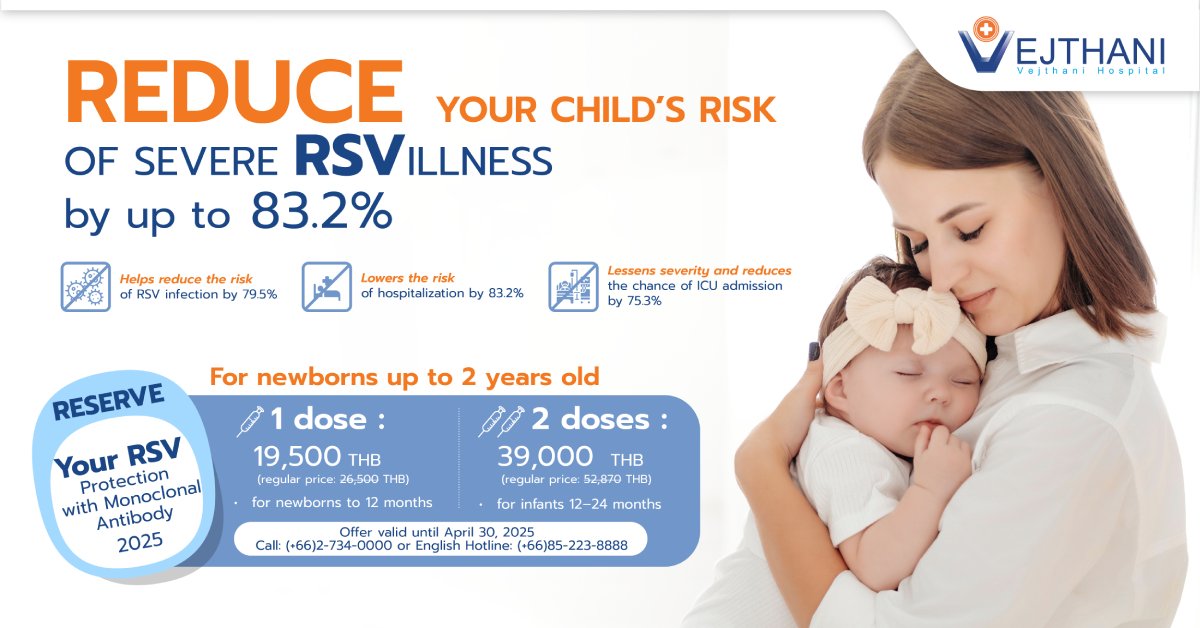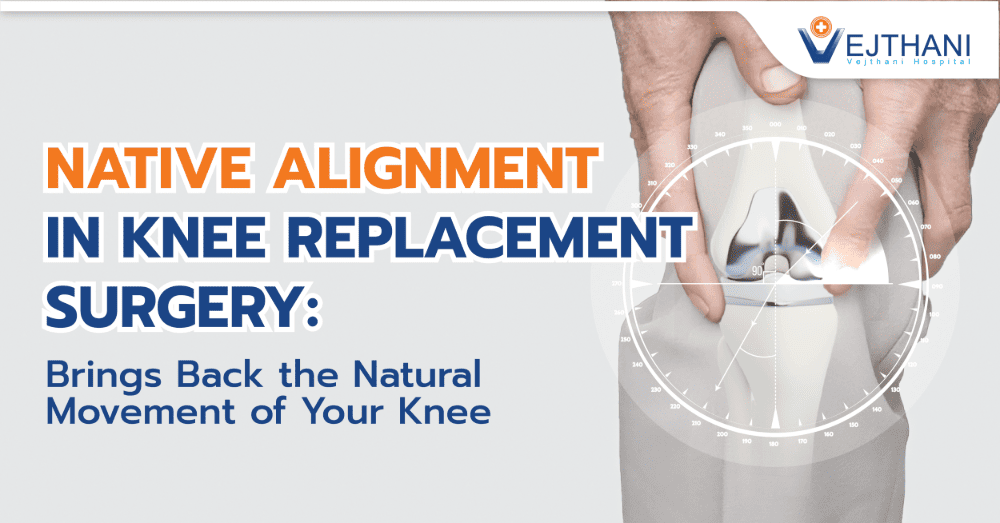
Heart tumor removal surgery
Overview
Heart tumor removal surgery is a complex medical procedure used to treat tumors in the heart. It is particularly beneficial for individuals with non-cancerous (benign) heart tumors that could lead to complications.
There are different types of heart tumors, but primary heart tumors originate within the heart itself and are usually non-cancerous. These tumors have a very low risk of spreading to other parts of the body and typically do not reduce life expectancy as long as they are removed.
The most common types of primary heart tumors are myxomas and papillary fibroelastomas. While these growths are not cancerous, they can affect the functioning of the heart valves. More importantly, they can increase the risk of blood clots or strokes by releasing particles into the bloodstream. Therefore, your healthcare provider may recommend surgery to remove these tumors.
Cancerous heart tumors, known as sarcomas, are rare. In most cases, surgery is not the primary treatment option for these tumors.
Types
Heart tumor removal surgery can be approached in two main ways:
- Open-heart surgery:
- Involves a vertical chest incision.
- Requires general anesthesia and a heart-lung machine.
- Surgeon removes the tumor and repairs heart damage if needed.
- Minimally invasive surgery:
- Uses smaller incisions, avoiding a large chest cut.
- Anesthesia and sometimes a heart-lung machine are still used.
- Robotically assisted surgery may involve robotic arms controlled by the surgeon and precise imaging.
Reasons to undergo the procedure
Surgery is often a successful option for removing heart tumors, especially benign ones like myxomas and papillary fibroelastomas. However, for more complex benign or cancerous tumors, partial removal may be necessary to improve quality of life. In some cases, when surgery isn’t possible, alternative treatments or palliative care may be recommended.
Your healthcare provider may recommend surgery if:
- The tumor is causing noticeable symptoms.
- It’s affecting your heart’s normal function.
- The tumor increases the risk of complications like blood clots or strokes.
- The tumor is rapidly growing.
Risk
The chance of complications is decreased by minimally invasive procedure. Discuss with the healthcare provider about the risks involved in the particular procedure.
The following possible complication includes:
- Allergic reaction to anesthesia.
- Arrhythmia or abnormal heart rhythm.
- Bleeding.
- Confusion or difficulty to think.
- Damage to blood vessels or organs.
- Infection
- Stroke.
Procedure
The choice of procedure depends on the patient’s condition, and it’s crucial to seek treatment at a specialized medical center experienced in heart tumor surgeries.
Before the procedure
Your surgical team will provide you with detailed instructions on how to prepare for your surgery. It is crucial to adhere closely to their guidance, particularly in the following areas:
- Medication schedule: Make any necessary adjustments to your medication regimen as directed by your healthcare professionals.
- Fasting: You will be informed about the specific timing for fasting, which involves abstaining from food and liquids, typically starting the night before your surgery.
- Smoking and tobacco use: Your healthcare team will advise you on when to cease smoking or using tobacco products in the weeks leading up to your surgery. This step is essential to reduce the risk of complications.
In addition, your surgical team may conduct one or more diagnostic tests to obtain a clear assessment of your condition, including:
- Computed tomography (CT) scan
- Coronary angiogram
- Echocardiogram
- Magnetic resonance imaging (MRI) scan
These tests help your medical professionals gather essential information about your tumor and heart health before proceeding with the surgical procedure.
During the procedure
The specificities of your surgical procedure will be determined by the chosen approach, whether it’s open-heart surgery or a minimally invasive technique. In broad terms, your surgeon will:
- Administer anesthesia and establish connection to a cardio-pulmonary bypass machine.
- Create one or multiple incisions in your chest to gain access to your heart.
- Utilize a range of instruments to delicately remove the tumor from your heart and, if necessary, reconstruct adjacent tissues.
- Close the incision(s) using sutures.
Your surgical team will provide you with additional details to ensure you have a comprehensive understanding of the surgery and its anticipated duration.
After the procedure
The patient will be closely monitored for one or more days in the intensive care unit (ICU) following surgery. They will then resume their recovery in a standard hospital room. The surgical technique and the patient’s rate of recovery will determine how long they stay in the hospital. The patient will be informed by the surgical team about the status of their treatment and when they can anticipate going home.
Outcome
Your recovery depends on the type of surgery and your overall health. Your surgeon will give you specific instructions and tell you what to expect. Generally, robotically assisted surgery leads to a quicker recovery than open-heart surgery, and most people can return to their normal activities and work when they feel ready.
After any surgery, it’s crucial to follow your surgeon’s advice on what to do and what to avoid during your recovery. Your chances of surviving and how long you can live after treatment for a heart tumor depend on factors like the type of tumor, whether it can be fully removed, and the stage of your disease. Your healthcare provider has all the details about your condition and health, so they are the best person to ask about what’s ahead.
Your surgeon will also tell you what signs and symptoms to watch out for during your recovery. Some discomfort is normal, but it’s important to know when to contact your surgeon. Call them if you have:
- Persistent chest pain.
- A fever.
- Nausea and vomiting.
- Shortness of breath.
- Signs of infection around your incision, like redness or oozing.
- Signs of a stroke, like slurred speech or other concerning symptoms.
Contact Information
service@vejthani.com






















